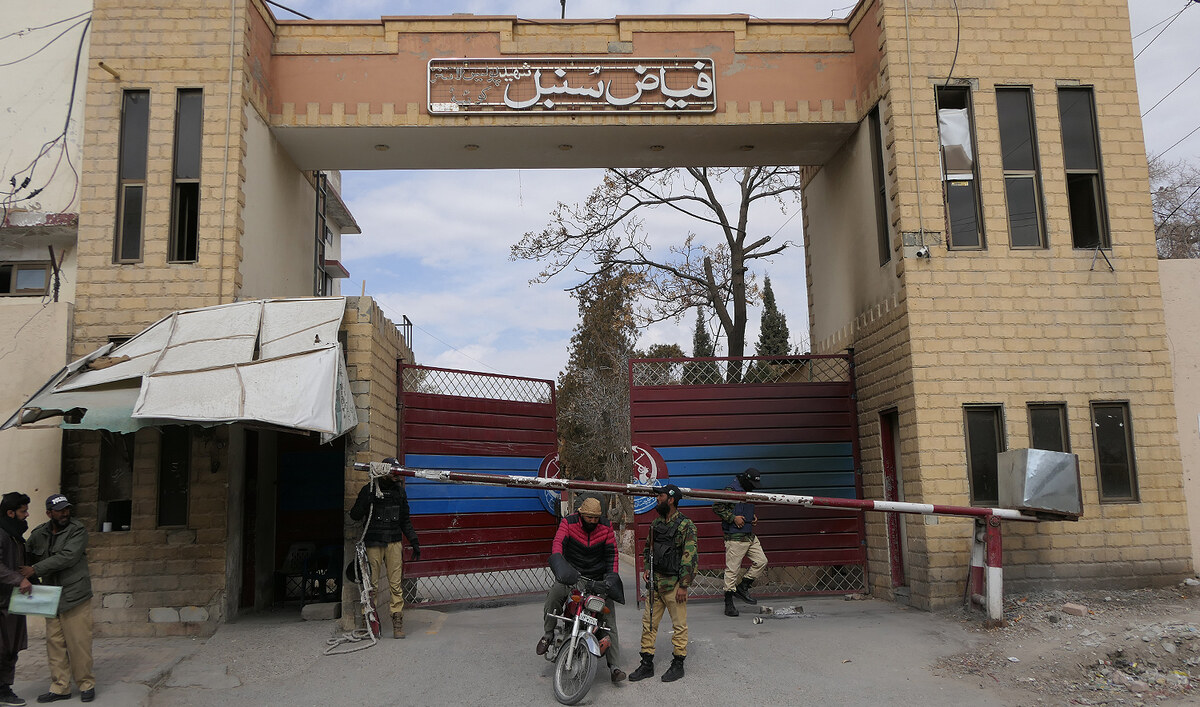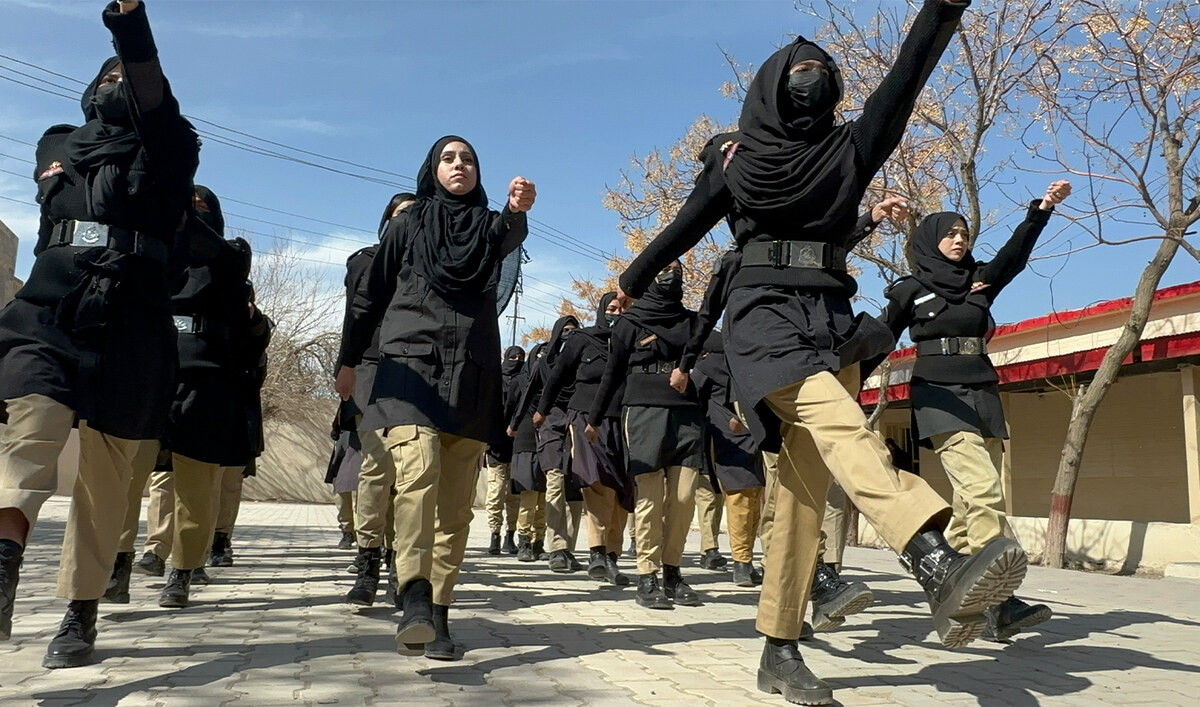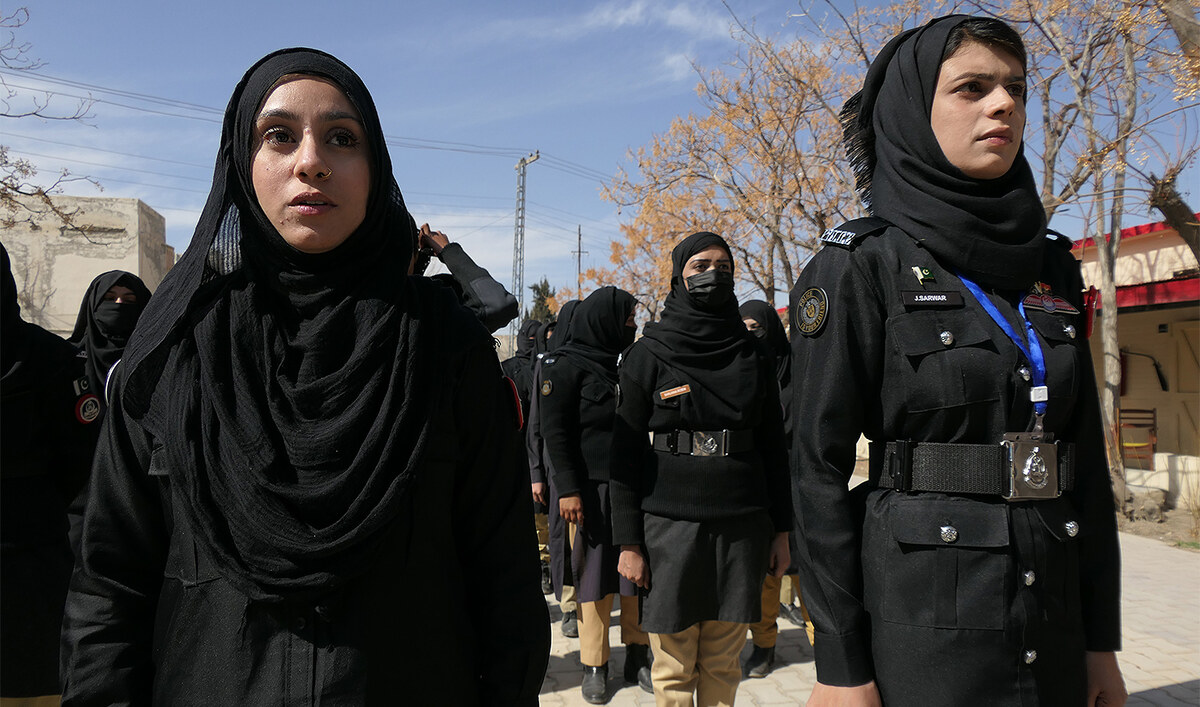Addressing food security with innovation and partnerships

https://arab.news/6yf4j
Food security is an urgent global challenge, amplified by supply-chain disruptions and climate change. In water-scarce regions like Saudi Arabia, which are sub-optimal for growing crops, the issue is increasingly relevant.
According to the World Bank, more than 40 percent of the global population already face water scarcity, intensified by the impact of rising average temperatures. However, with these challenges come opportunities for innovation.
Pioneering solutions implemented at NEOM — the smart city taking shape on Saudi Arabia’s northwestern coastline — will help transform how we produce, supply, and consume food in the world’s driest regions.
At Topian, the NEOM food company, we are innovating to address food security, envisioning a future where sustainably produced food improves nutrition, benefits the planet, and contributes to the economy.
Our approach is multifaceted, leveraging technology and fostering collaboration across a spectrum of stakeholders to enable sustainable food production and promote healthy consumption in Saudi Arabia and the Middle East.
At the heart of our strategy lies a commitment to piloting and scaling up solutions and integrating them into commercially viable research and innovation efforts in food production.
At the national level, we collaborate with government partners and esteemed institutions, including Saudi Arabia’s Ministry of Environment, Water and Agriculture, the King Abdullah University of Science and Technology, the University of Tabuk, and the National Research and Development Center for Sustainable Agriculture — Estidamah.
Scaling technologies that are not yet mainstream in the Kingdom is essential and it can only be achieved collectively. This is why, whether in agriculture, aquaculture, or novel foods, we have focused on partnering with companies that are able to transfer the required innovations.
In agriculture, our ongoing pilots include soil-amendment technologies, a combination of water-saving interventions, and controlled environment agriculture systems.
Together with Estidamah, we are developing and promoting environmentally friendly agricultural practices and identifying the most economically viable vegetable crops and varieties suitable for local production, prioritizing taste, and quality.
Pioneering solutions at NEOM will help transform how we produce, supply, and consume food in the world’s driest regions.
Juan Carlos Motamayor
At the same time, we are piloting multiple controlled environment infrastructure combinations to scale up production at NEOM in the most water-efficient and energy-efficient ways possible.
In aquaculture, collaborations with industry leaders like Pure Salmon and the National Aquaculture Group are advancing pioneering regenerative-aquacultural practices at sea and on shore.
Technologies like recirculating aquaculture systems have proved to reduce water consumption and increase production while minimizing negative environmental impacts. According to the Food and Agriculture Organization, they can reduce usage by up to 99 percent.
This solution not only enhances sustainability and productivity in aquaculture but also bolsters regional food security.
Through the establishment of Topian Aquaculture, a joint venture with Tabuk Fisheries Company, we are investing in technology to increase output, supporting the National Livestock and Fisheries Development Program’s goal of producing 600,000 tonnes of fish products annually by 2030.
In novel foods, we are advancing the adoption of alternative proteins, including plant-based and cell-cultured. Through partnerships with leading companies in cell-cultured seafood, such as BlueNalu, we are accelerating the path toward commercialization of low-impact food products initially focused on endangered marine species and pioneering new industries.
The global market for alternative proteins, including plant-based and cell-cultured, is expected to reach $20 billion by 2030, driven by advancements in biotechnology and increased consumer acceptance.
This is great news, as adoption and consumption of alternative proteins will reduce reliance on traditional livestock farming, a major source of green-house emissions, and further improve food security efforts.
Innovation is the key to addressing food security in regions like NEOM. By embracing innovation and fostering collaboration, Topian aims to ensure that food security is a tangible reality, nourishing present and future generations.
• Juan Carlos Motamayor is CEO of the NEOM food company Topian, and has advised governments and organizations on agriculture, aquaculture, and sustainable business development.




























